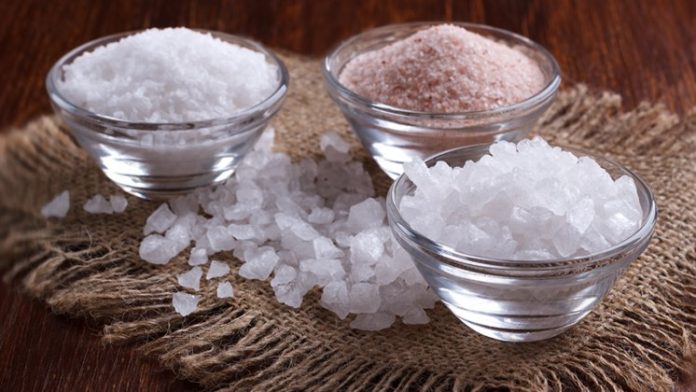Most people are aware of the recommendation to lower sodium (salt) intake to reduce the risk of having high blood pressure. But did you also know that salt not only affects the cardiovascular system, but can “reprogram” the brain as well?
Most often, doctors recommend that you lower sodium intake because excess salt affects the fluid balance of the body, leading to excess pressure within the blood vessels. Your body filters blood through the kidneys which normally use a process known as osmosis to draw out extra fluid. A delicate balance of minerals (sodium and potassium) is necessary for this process, however, excess sodium intake can throw this system out of kilter. Meaning that the kidneys’ ability to remove excess water is diminished.
Extra fluid flowing through the blood vessels, over time, can damage the interior walls of the arteries. The pressure can lead to a narrowing of the blood vessel (ultimately causing a heart attack or stroke) – or to a weakening that causes the blood vessel to burst.
But researchers at McGill University have found another reason why high salt diets are dangerous to our health. Professor Charles Bourque and team have found that excessive sodium intake interferes with a natural safety mechanism within the neurons of the brain that normally protects the body from high blood pressure. A biochemical change occurs, causing a release of vasopressin, which adds pressure to the artery walls.
All of the biology is obviously quite complicated, but the message is simple: Limit dietary salt.
It is recommended that most of us consume no more than 2400 mg of sodium daily. However, some estimates find that Americans often eat up to 6000 mg per day. The reason? It’s not just the salt we add at the table for seasoning, but the increased reliance on packaged food and eating out. Here are some simple tips to reduce the amount of salt you eat in a day:
• More often, choose whole foods such as fruits, vegetables, lean meats, whole grains.
• Buy more foods fresh or frozen instead of canned and boxed.
• Eat less processed and salty meats such as bacon, sausage, hot dogs, etc.
• Stay away from salty snacks such as potato chips. Nuts are healthy, but choose unsalted.
• Try not to add salt during cooking. Use herbs and spices for flavor instead.
• Keep the salt shaker off the table. It may be hard at first, but you will get used to the flavor of real food.















